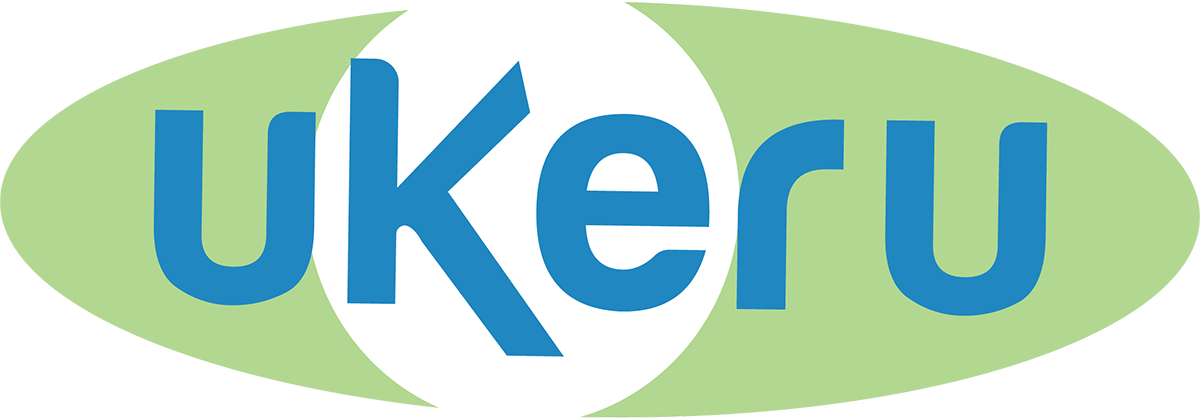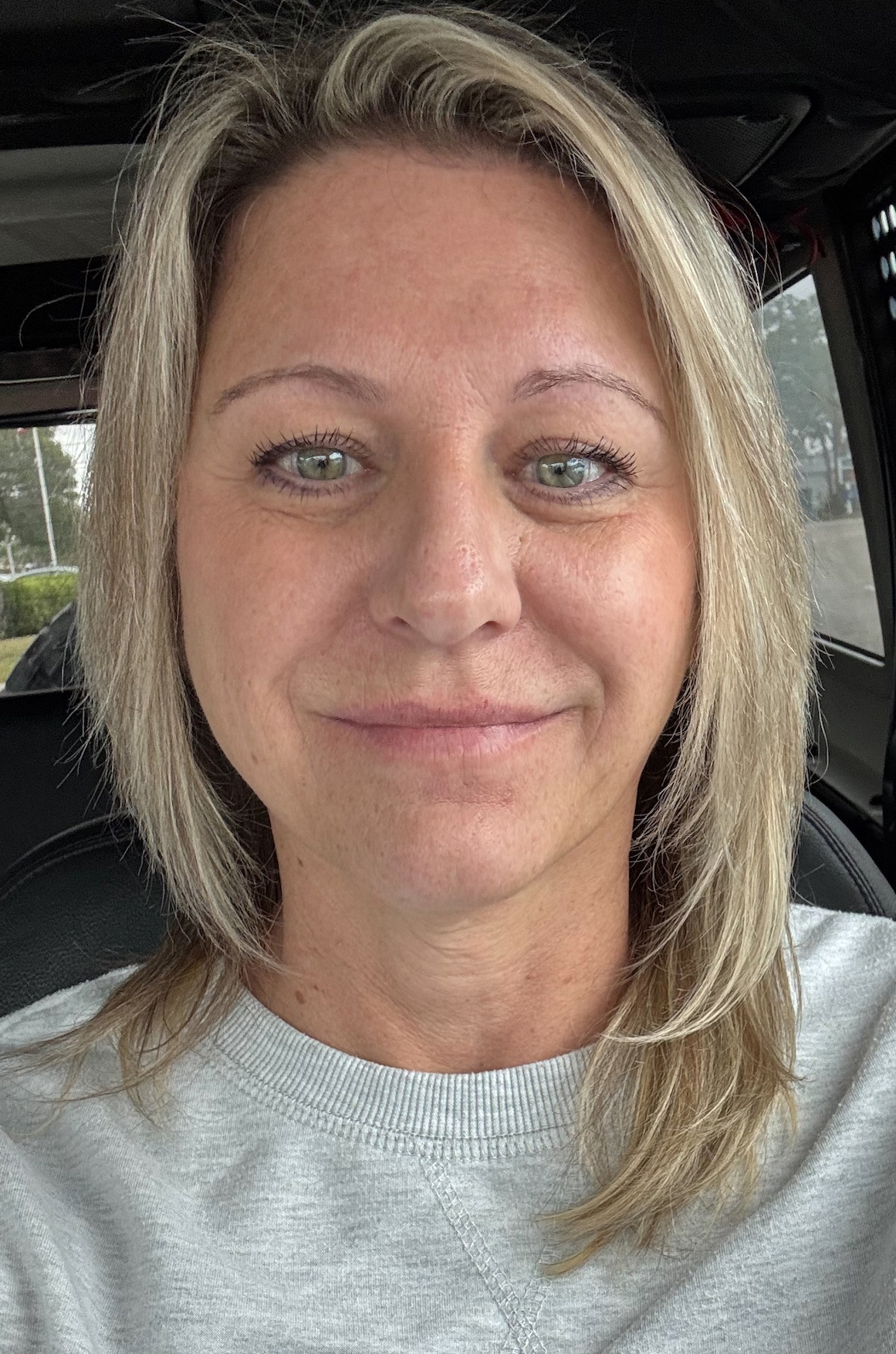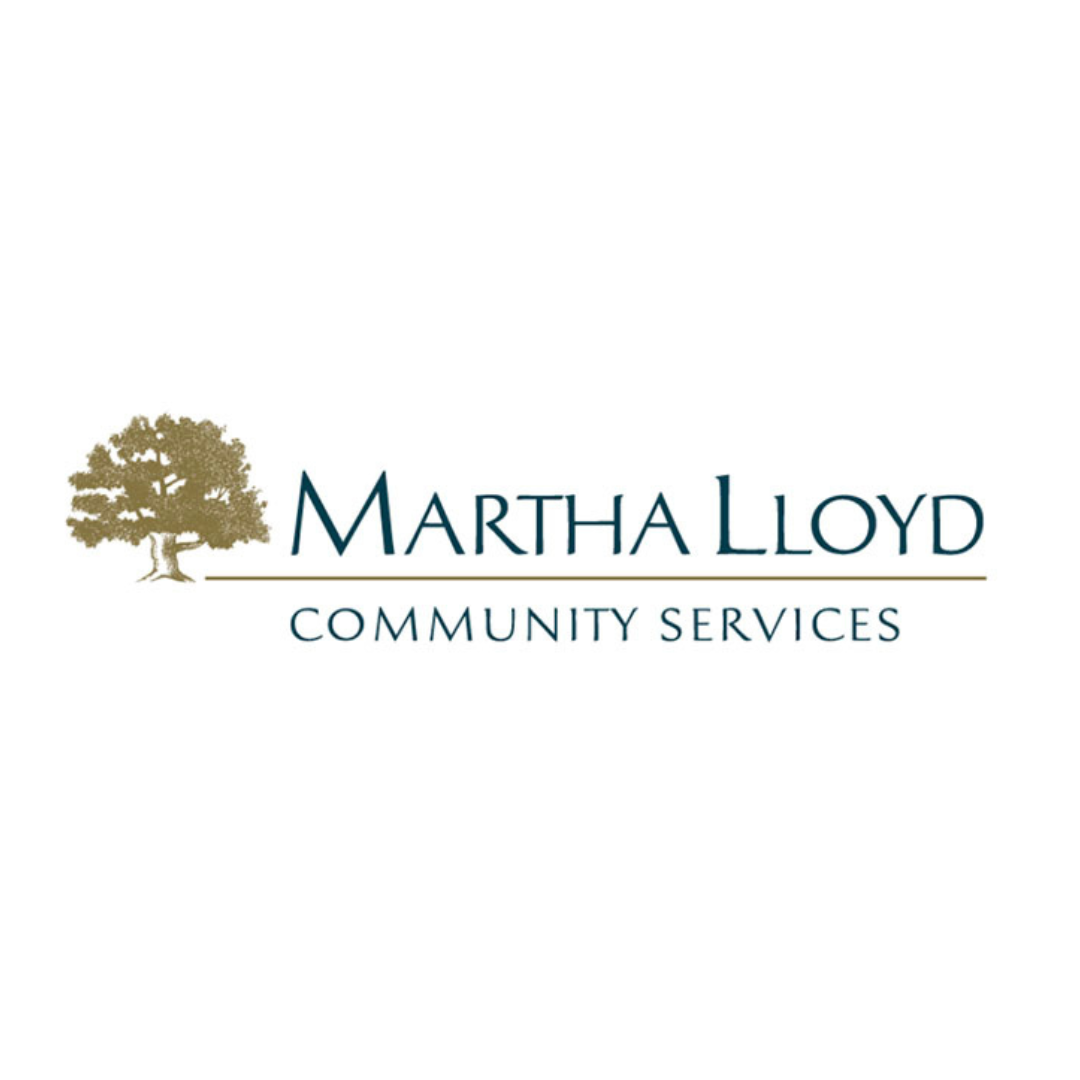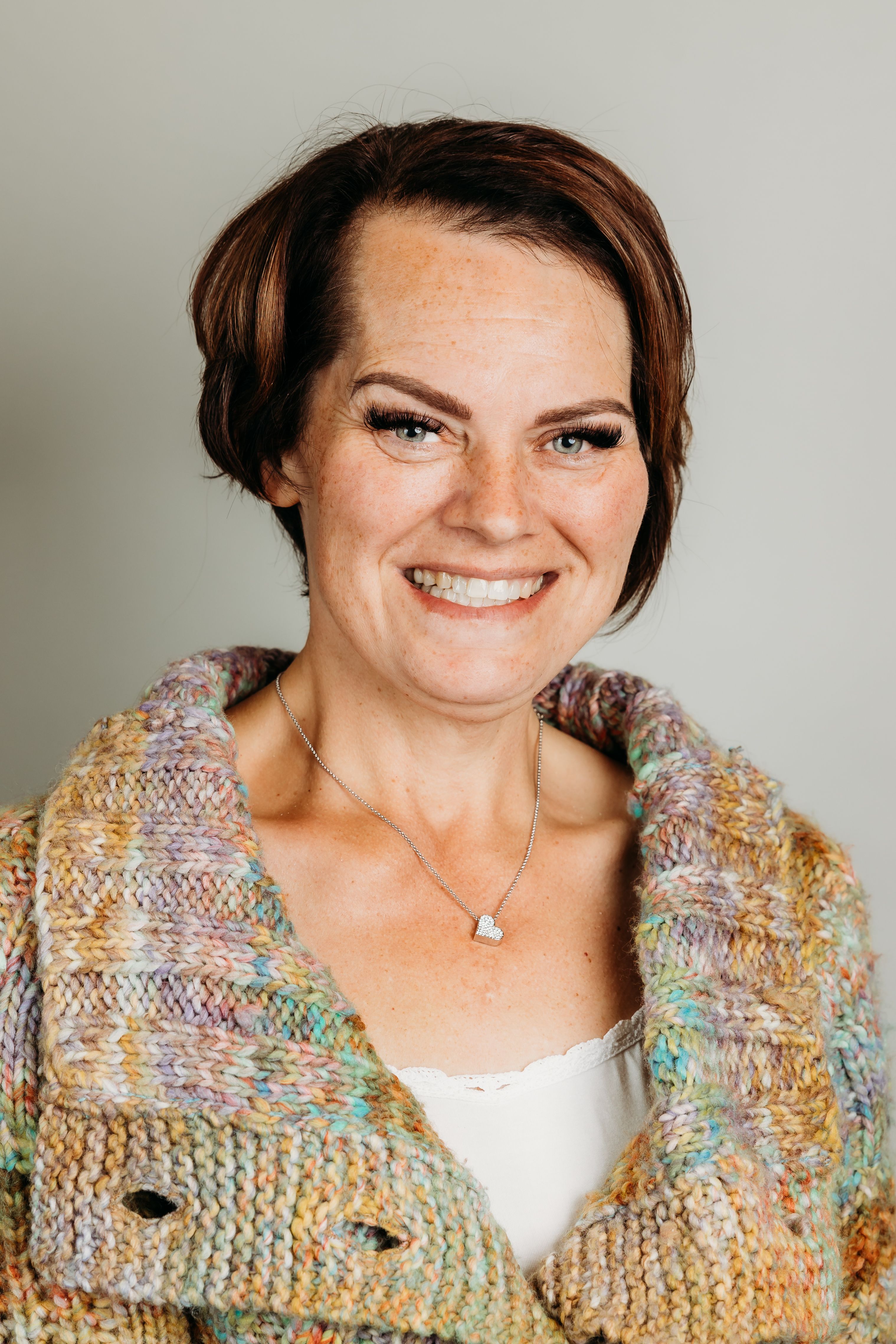Recently, Ukeru sat down with trainer Ed Nientimp from the Millcreek Township School District in Erie, PA. Ed has been a trainer and a big advocate for Ukeru for six years. And while he is a fan of Ukeru, he is a bigger fan of his father! He told us that he talks about his dad in every one of his trainings. Looks like we can guess where Ed gets his amazing spirit!
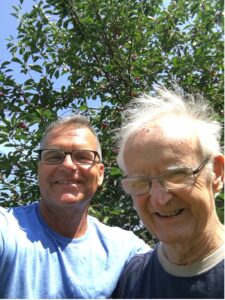
Q: What population do you work with? What inspired you to get into this field?
A: I work with school-aged students with disabilities in a public school district. We train all of our teachers working in autism support and emotional support classrooms. I was inspired to get into the field after doing volunteer work in high school with children and adults with disabilities.
Q: What part of Ukeru do you enjoy teaching the most and why?
A: I enjoy teaching about the long-term effects that trauma can have on the brain, and how we, as educators, have an affirmative obligation to take an informed approach in meeting these specific needs. Understanding and supporting students when they are in need is far superior to utilizing an approach that puts the student at risk for trauma, re-traumatization, injury or death. No teacher has gotten into this business to take those risks!
Q: What would you say to someone who is unsure about using Ukeru?
A: I have been in the business of supporting students who have long histories of challenging behaviors. For a long time, I was convinced that restraint was a necessary technique that was required at certain times to keep students and staff safe. I was a huge skeptic and initially was not interested in changing the approach that we were using. I was not able to ignore the Grafton data. We have implemented Ukeru for six years now and have not had a single restraint in our public-school classrooms! In our residential classrooms, restraints have been reduced from over 400 during a school year to less than 20 last year.
Q: What advice or tip would you give to a new Ukeru trainer?
A: Ukeru is not about the “blue pads.” The blocking component is a small piece of the training package. De-escalation, understanding trauma and using relationship-based skills is at the hear of Ukeru. The pads are a necessary component only when the other strategies are not successful.
Q: How has Ukeru impacted your life?
A: As a school district administrator, I used to have to deal with staff injuries, student injuries, and parents who were angry or upset about a student who was restrained. In fact, parents had even sued the school district, because they were upset about a restraint that had occurred. That simply does not happen anymore! No reasonable person is ever going to be upset that teachers or support staff took the time to de-escalate a student who was upset. Extending the time for intervention and ultimately teaching a student how to respond differently is what we should be doing.
Q: What is your favorite quote or a motto that you like to live by?
A: “Every person, all the events of your life are there because you have drawn them there. What you choose to do with them is up to you.” Richard Bach, Illusions.
Q: What three words would you use to describe Ukeru?
A: Educational, comforting and therapeutic.
